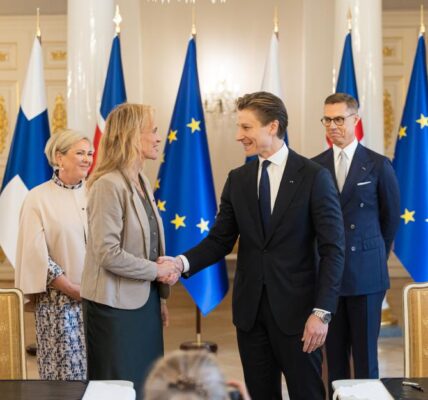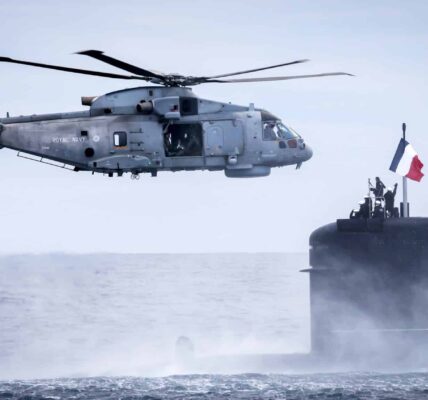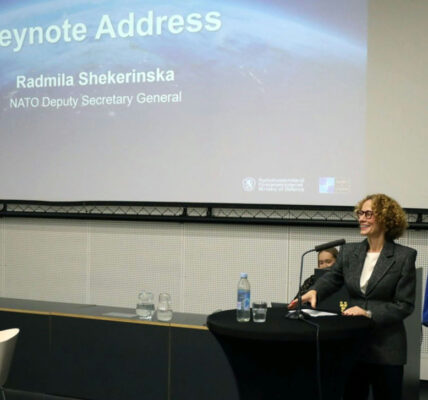NATO’s Northern Flank Has Too Many Weak Spots.
Key alliance members are failing to uphold their obligations in the face of Moscow’s unflagging interest in the High North.
While Russia’s invasion of Ukraine has revealed significant weaknesses in Moscow’s military capacity, it has also shone an unflattering light on aspects of NATO’s strategic posture. It is incumbent upon the United States and its NATO allies to take proactive measures to plug these gaps before they are exploited by Russian President Vladimir Putin’s regime.
Finland’s recent NATO accession and the expected accession of Sweden have boosted the alliance’s capacity in critical competencies, including undersea warfare, signals intelligence, and artillery in the Baltic Sea region. Yet troubling deficiencies remain along NATO’s northern flank, particularly in the Arctic and near-Arctic, that reveal substantial failings by several key alliance members to uphold their obligations in the face of Moscow’s unflagging interest in the High North.
Russia has successfully exploited several factors to gain maneuver space in the region. There are multiple Arctic and near-Arctic islands with power-sharing relationships that leave control of national defense to a larger entity—as in the case of Svalbard (Norway), the Faroe Islands (Denmark), and Greenland (Denmark)—while permitting local governments a high degree of autonomy. In each case, Moscow has expanded its influence with far too little resistance by Oslo or Copenhagen.
In Svalbard, halfway between Norway and the North Pole, Russia has used the ambiguity of a 1920 treaty, which limits Norway’s sovereign ability to engage in traditional defense activities on the island, to grow Russia’s economic and political influence. Moscow maintains a considerable mining presence on Svalbard and has insisted that Oslo cannot enforce global sanctions on its shipments to Russian settlements there. Norway’s interpretation of its treaty obligations has permitted the growth of Russian as well as Chinese presence on a strategically vital island with considerable natural resources, including coal, zinc, copper and phosphate.
Despite the treaty affirming Norway’s “absolute sovereignty” over the island, Oslo views the treaty’s prohibition on the use of Svalbard for “warlike purposes” as severely restricting that sovereignty. However, it can be argued that, in upholding its sovereignty and NATO commitments, Oslo has an obligation to ensure compliance with international law on Svalbard, including sanctions enforcement.
Author – Alexander B. Gray is a senior fellow in national security affairs at the American Foreign Policy Council. He served as a deputy assistant to the president and as the chief of staff of the White House National Security Council from 2019 to 2021.




